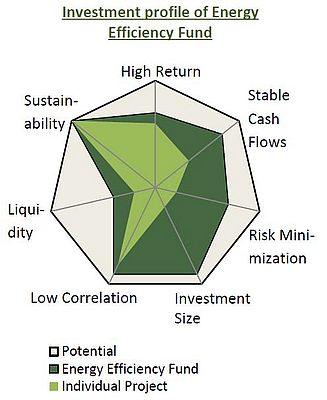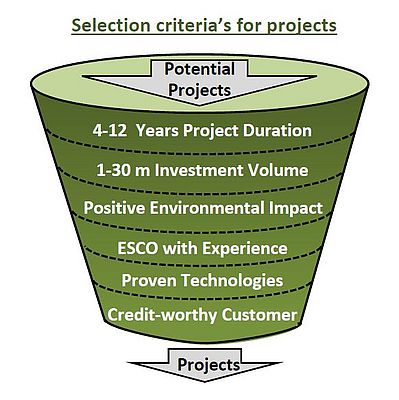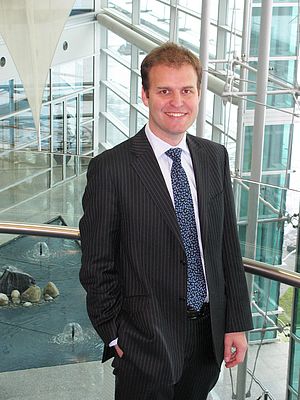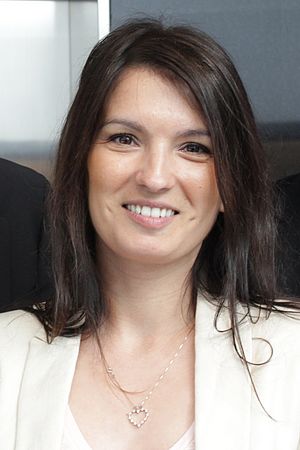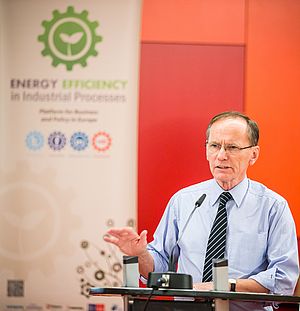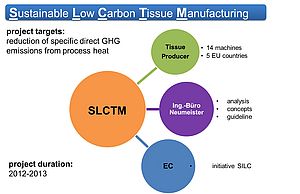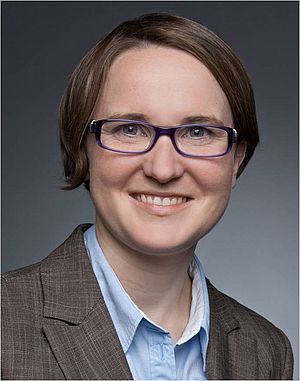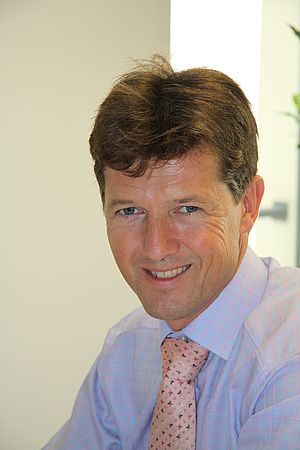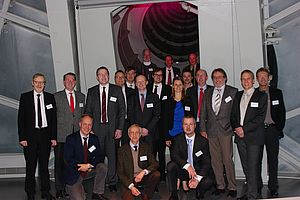Energy Efficiency’s high potential
Energy Efficiency is currently the biggest lever to reduce carbon emissions globally. Additionally, energy efficiency improvements have significantly lower costs per reduced ton of carbon than comparable measures like renewable energy. In many cases, energy efficient projects actually have negative costs to reduce carbon, e.g. it is economically beneficial to save energy and reduce carbon emissions.
Reaching the EU commission target of 20% energy efficiency improvements by 2020 will generate substantial energy cost savings, but also requires significant investments. For Germany alone, EUR 150bn investments might be required for reaching the 2020 energy efficiency targets.
The question now is where the capital required to improve energy efficiency will come from, especially as the public sector in Europe has a significant debt overhang and the borrowing capacity of the private sector is also limited.
Institutional money to fill the gap
Institutional Investors such as pension funds and insurance companies manage over EUR 9.6 trillion of assets in Europe. With government bond returns below 2% financial investors are currently not able to achieve the required 3-4% annual return, and are therefore looking for alternative investment opportunities.
Energy savings contracts
Energy efficiency projects can be an attractive investment opportunity for institutional investors. Projects normally have paybacks of less than 6-8 years and returns above 5%.
Using an energy saving contracting model enables third parties to finance such projects while leading to a win-win situation for all involved parties: The facility owner obtains a cash-neutral upgrade of his facilities without using own capital and receives a share of the savings, the Energy Service Company (ESCO) is able to expand its services due to the new access to funding, the SUSI Fund generates attractive returns for its investors and the environment benefits from measurable greenhouse gas reductions. Energy saving contracts allocate the risks of an energy efficiency project evenly between the involved parties: (a) The ESCO guarantees the performance of the technical solution; (b) the facility owner covers the usage risk and (c) the financing partner assumes the credit risk of the facility owner.
Investors benefit from constant distributions as projects are fully amortized during the project lifetime and therefore do not bear any exit risk.
Energy Efficiency Fund as solution
Individual energy efficiency projects are too small and complex for institutional investors. By bundling energy efficiency projects into a fund structure an appealing investment opportunity for institutional investors can be created.
An energy efficiency fund provides investors with a sufficient investment size whilst reducing the risks and improves the stability of cash flows through diversification. Additionally, energy efficiency projects have a low correlation to financial markets and a positive impact on the environment.
SUSI Energy Efficiency Fund
SUSI Partners, a Swiss investment advisor specialized in “financing the energy transition”, started two years ago to develop the first private fund for institutional investors specialized in funding energy efficiency projects. After analyzing over 50 projects, developing several partnerships with leading ESCOs and realizing a first reference project with the Principality of Monaco and Johnson Controls, the SUSI Energy Efficiency Fund was approved this autumn by the Luxembourg Authorities. The fund will invest EUR 300m over the next 3 years in energy efficiency projects in Western Europe with a special focus on Switzerland, Germany, Benelux and France.
Eligible projects
The SUSI Energy Efficiency Fund finances projects that improve energy efficiency in existing or new facilities and which can be refinanced through the realized energy savings.
SUSI provides traditional as well as innovative financing structures for projects with a minimum investment size of EUR 1m and a maximum project life of 12 years. The focus lies on proven technologies and credit-worthy customers. Projects arise either from an ESCO looking for a financing partner or are directly initiated by SUSI. For the development, implementation and operation of the projects SUSI teams up with ESCOs that have a proven track record.
Innovative energy savings contracts
Conducting classic energy savings contracts with industrial companies can be tricky, since their energy consumption may fluctuate significantly with changing production volumes. As an alternative, the payments of the energy savings contract can be linked to the actual production volumes in the form of fixed payments per unit produced.
The graph illustrates a structure that allows the payments to the financing party to depend on the produced tons of a certain good. To minimize the risk for both parties, a total minimum production volume is defined as well as an upper limit that constitutes the amount at which the contract automatically ends. Production volume based contracts offer an interesting opportunity for infrastructure owners to link the costs of an energy savings contract to their operating performance.
Cooperation’s are essential for success
A specialized energy efficiency fund is interesting not only for investors but also for industrial customers and technology providers. Implementing energy efficiency projects in cooperation with a fund allows companies to pre-define financing and contractual conditions. This enables projects to be scaled up to large portfolios of manufacturing plants, reducing complexity and transaction costs for all involved parties. Additionally, such a cooperation allows performance contracts to be tailored to customer needs (e.g. off balance sheet treatment). A cooperative approach provides the platform for harnessing energy efficiencies full potential, significantly reducing the energy bill of industrial customers in the immediate term without taking performance risk nor requiring the customers own capital to be deployed, ultimately making energy efficiency an economic as well as environmental success.
By Patrick Fankhauser, Managing Director at SUSI Partners AG the investment advisor of the SUSI Energy Efficiency fund specializing in financing energy efficiency projects.
SUSI Energy Efficiency Fund
Focused On Financing Energy Efficiency Projects
- by TIM Global Media BV
- November 13, 2013
- 636 views


